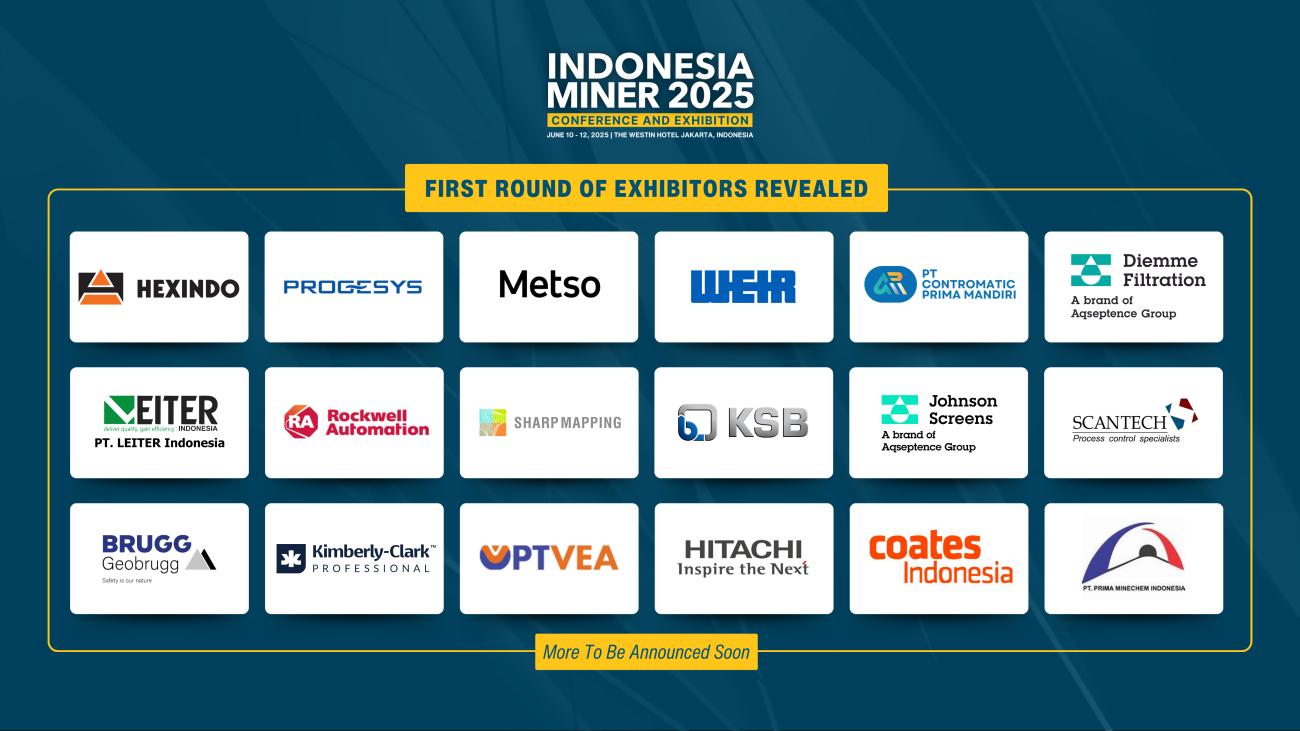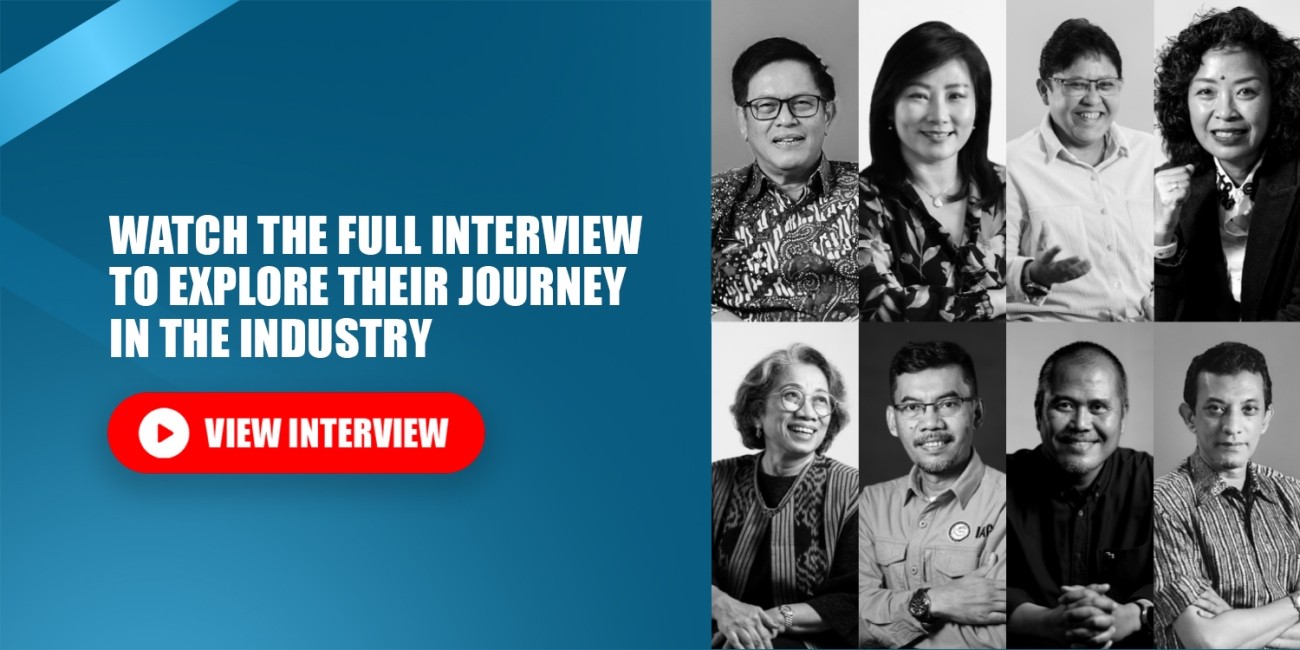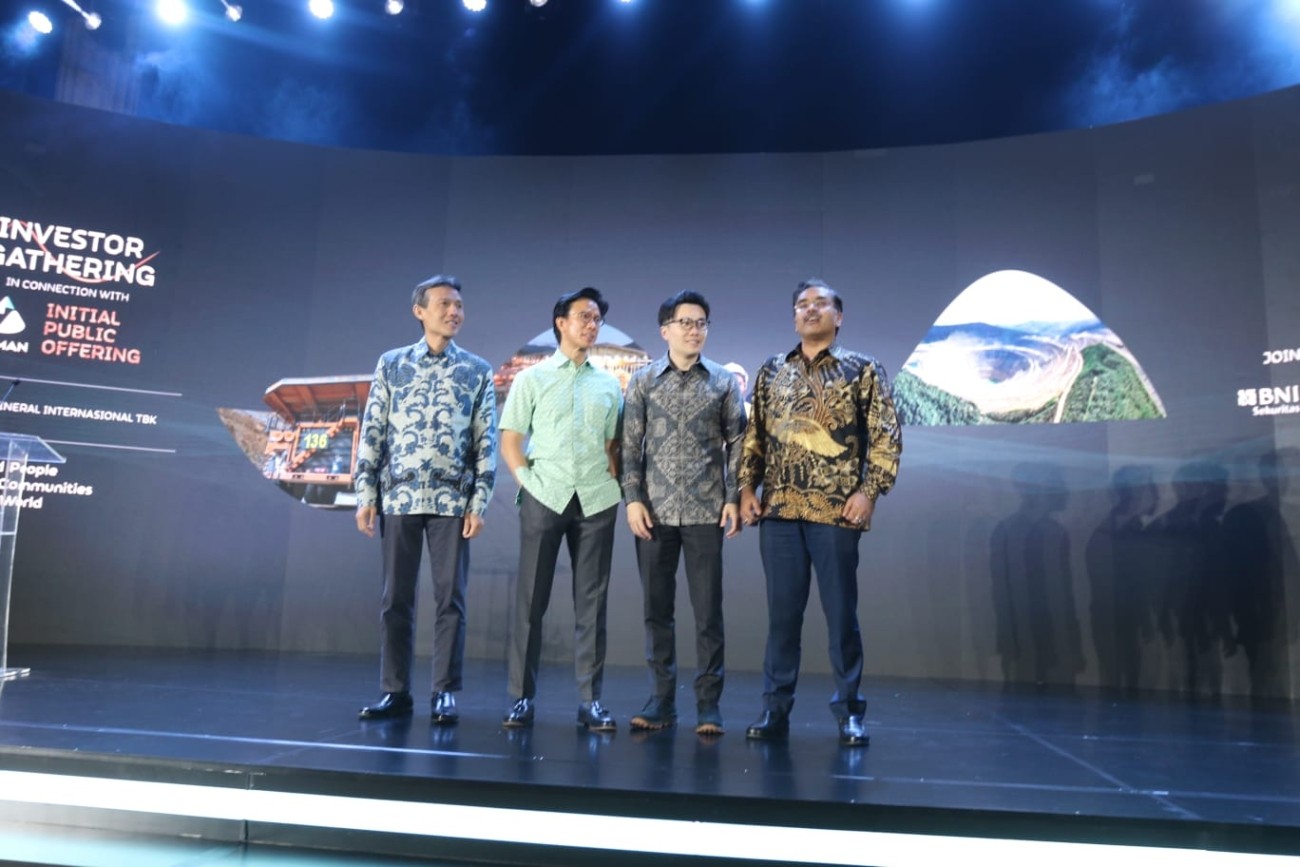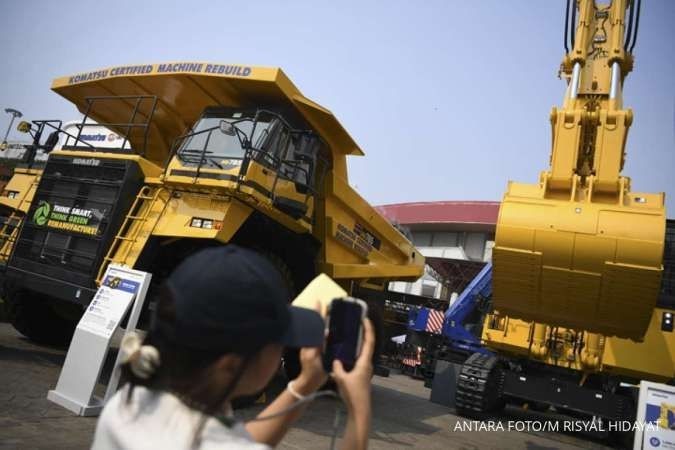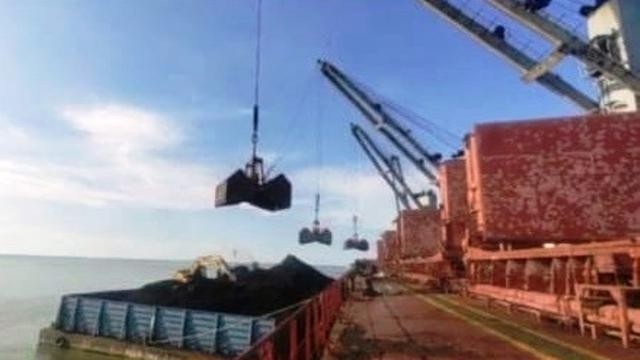It’s estimated that the average adult makes about 35,000 conscious decisions each day, including the choice between that healthy breakfast or fast food. Each decision carries certain consequences, good and bad.
That’s why we naturally run mini “what-if” simulations in our heads. Using the data we have at hand from past experiences, we determine the possible outcome of these decisions. Concluding, that your partner will shame you for eating another greasy breakfast this week.
What if situations often play a huge part in important choices like a change in career or large purchases like a house.If you could only split yourself, creating a clone or a virtual twin to explore all options and simulate the best decision before you take it.
This concept may not be as accessible to our personal lives (yet), but it’s definitely a reality in modern technology and mining; simulating all of these“what if” scenarios with the use of digital twins.
Digital Twins
Digital twins are digital representations of physical assets, systems, or processes. It’s a multi-solution approach to data management that enables you to understand an asset’s condition, run simulations and scenarios, and provide a digital snapshot for future maintenance. Digital twins create a live connection between the physical world and its virtual representation. Sounds like sci-fi, but here it is.
Through the use of artificial intelligence (AI), digital twins can detect, prevent, predict, and optimize the physical environment. A concept that dates back to 1970 when NASA mission control used simulators, the forerunner of today’s digital twins, to bring Apollo 13’s crew home safely.
That same simulation process has become a showcase for the Internet of Things (IoT) and adopted across multiple sectors, including mining.
The simple (simulated) truth
Before we dig into the benefits of digital twins in mining, it’s essential to note the importance of a single version of the truth.
Digital twins rely on making the most of knowledge and experience to manage and then manipulate a multitude of datasets. The aim of this process is to create a single version of the truth for an asset, component, or system. A well-defined digital twin will provide an open application programming interface (API) that allows any system to interact with it. Tools that should be able to interact with a digital twin through an API are machine learning and analytics.
Organizations, including AVA, use their digital twin platform to create visualizations and dashboards to analyze live data from the digital twin. We see this with our real-time dashboards that have 99.9% uptime and configurable reports that can help track and predict performance using real-time and past data.
Data management – a hunger for data
George Orwell explained the difference between a good and a bad artist is hunger (mental and physical). Both can paint, just like two systems can manage data, but what sets them apart is the hunger that constantly drives innovation. Digital twins are constantly hungry for more data.
Data hunger & management in other sectors (tinfoil hats not required)
6G: Digital Twins already play a major role in most innovative technology today. The potential of 6G communication services can allow users to explore and monitor the real world without spatial constraints using virtual reality (VR) devices or holographic displays.
Digital partnerships can be formed between various sectors, enabling remote operations and production assurance through a digital twin that mirrors all aspects of an operating asset.
The health industry is already using digital twins to predict the outcome of medical processes, which can lead to a reduced number of physical, real-world tests. Creating better outcomes for patients and their doctors. An essential “what if” scenario.
Pandemic: Digital twins technology has a key role to play in managing and tracking COVID-19(to enable) so that people can safely return to urban environments and workplaces. Digital twins will enable us to better visualize and correlate analytics across multiple sectors, to rapidly assess and implement economic recovery plans.
When it comes to mining, digital innovation has led many operating sites to manage their load & haul using data-driven solutions. Being coordinated through a single cloud-based platform, such as AVA, that values collaboration with multiple channels of data processing platforms (digital partnerships), fleet owners have access to live and historic data, providing them insight into their load & haul usage and status.

